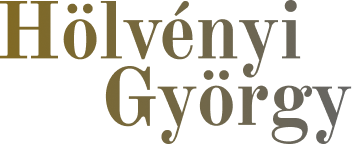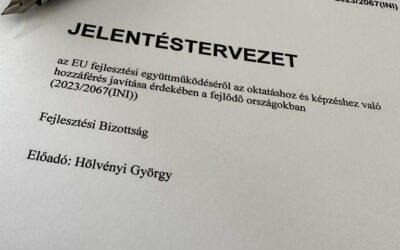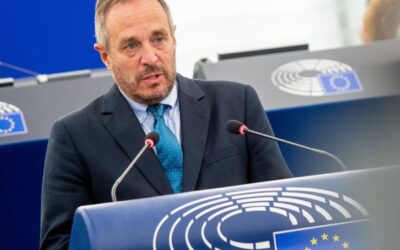“We must work for peace in Europe in every possible way. . The churches have a key role to play in these efforts”, stressed MEP György Hölvényi after his meeting with the Universal Patriarch Bartholomew I of Constantinople in Istanbul on Thursday. The co-chairman of the EPP Group’s Interreligious Dialogue Working Group visited the Ecumenical Patriarchate of Constantinople with his colleagues at the invitation of Patriarch Bartholomew I, the most eminent personality of Eastern Orthodox Christianity.
“The visit comes in the midst of Russian aggression in Ukraine”, MEP György Hölvényi stressed in the context of the meetings in Istanbul. Orthodoxy has always been an important part of European history and cultural heritage. European decision-makers need to keep these foundations in mind and engage much more closely with religious leaders now, during the war.
Patriarch Bartholomew I stressed at the meeting that “There is no holy war. The present one is also a vicious war, which can only end with the establishment of peace as soon as possible.” In these difficult times, the Archbishop said, cooperation between different churches and denominations is more important than ever. Commenting on the increasingly extreme European secularisation, he said that in Europe, despite the continent’s many assets, anti-religious phenomena can have a high cost, as threats to freedom of expression imply restrictions on religious freedom.
During the visit, the MEPs, including former EP President Antonio Tajani, also met Metropolitan Emmanuel of Chalcedon, one of the EPP Group’s longest-standing partners on European issues on behalf of the Ecumenical Patriarchate.
MEP György Hölvényi recalled that the EPP has been working with the Orthodox Church since 1996, a unique cooperation among the political groups in the European Parliament. The politician also recalled the particularly close relations between Hungary and Patriarch Bartholomew I. For example, as Secretary of State for Church Relations, he was involved in the conclusion of the international agreement with the Ecumenical Patriarchate of Constantinople in March 2014.



